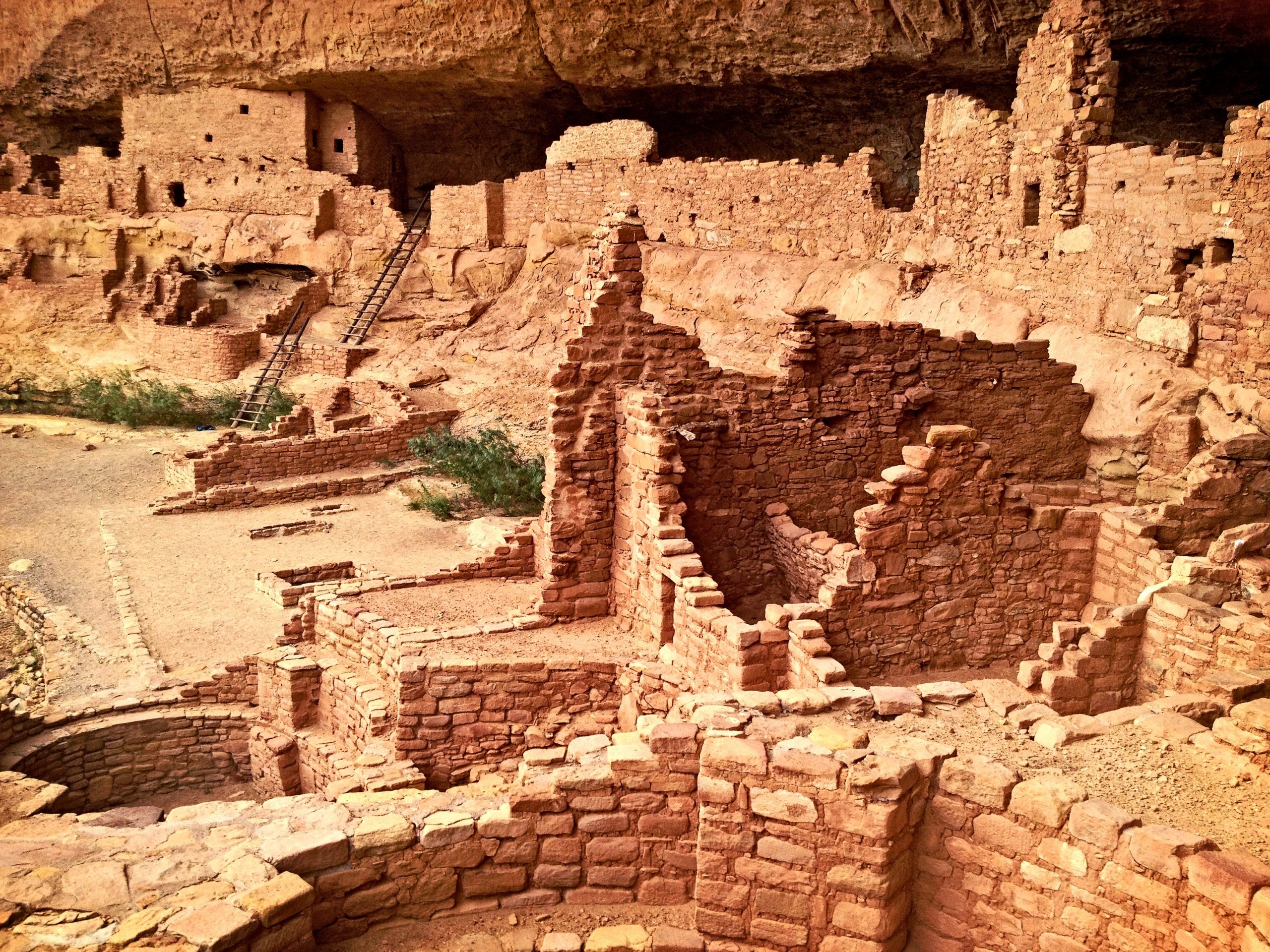What is history and its importance?
The study of the past is important to the preservation of knowledge of the present day. It allows us to connect with the present moment and its influence on our daily lives. History is one of the many “connective” factors that keep the present moment together, as it were, inside our own heads.
What are the benefits of studying History?
There are many benefits to studying the history of one’s own country. For one, it allows one to work in peace with one’s own country, rather than strive to be a good citizen in another country. Another benefit of studying History is that it allows one to learn from the mistakes of the past, and work to avoid their repetition in the present and in the future.
The study of History is one of the few subjects that is taught in all universities in the world, and it is one of the few subjects that is considered “core” by UNESCO, the United Nations Educational, Scientific and Cultural Organization.
History is indeed, as the saying goes, “a bridge
,
In The Historian’s Purpose, it states that “The primary purpose of history is to enable the learner to identify the patterns of occurrence and significance of historical occurrences, and thereby to develop an understanding of the process of history as a whole.
What are the long-term consequences of historical study? These questions are crucial in order to realise why History matters, what the purpose of History is and how it can be of use in our everyday lives.
What is history and its importance? What is the “true meaning” of history? What are the “hidden meanings” that we are meant to learn “the hard way”? What are the “negative connotations” that historians attach to certain events, people, and situations? These negative connotations are often quite obvious, but they are often masked behind “objective” historical analysis. As the saying goes, “Let there be no foggy memories.”
is the collective history of the World, including the history of every nation and of every region of the World. It is primarily a compilation of
The “national” narrative of history is the result of
, and is shaped by the aspirations of the rulers and the aspirations of the governed. It is important to study the rise and fall of nations, and the lasting lessons that can be drawn from each failure and each success are largely self-evident.
The “national” narrative of history is one in which the rulers and the ruled are often unaware of the bigger picture, and they tend to focus on immediate concerns such as “national glory” or “national allegiance”.
The “national” narrative is one in which the rulers and the ruled are often unaware of the otherness of nations, and they tend to focus on national symbols and myths.
The existence of other nations is determined not just by their political systems or their cultural traditions, but also by factors such as their economic systems, their educational systems, and their
, and other external factors.
, and other factors. It is important to study the rise and fall of nations, and the lasting lessons that can be drawn from each failure and each success are largely self-evident.
Historical significance is the process used to evaluate what was significant about selected events, people, and developments in the past. Historians use different sets of criteria to help them make judgements about significance.
“ Historical significance is the process used to evaluate what was significant about selected events, people, and developments in the past.
What is history and its importance?
“What is the business of history? It is to study the past and to learn from the mistakes of the past. It is to avoid repeating the past mistakes.”
“It is important to study the history of one’s country because history informs us of
(1) The rise and fall of empires, (2) The mistakes of the past and the lessons of the lessons of the past, (3) The promise of the present and the peril of the present, (4) The importance of observing the growth and change within ourselves, and help us avoid becoming trapped within the past.”
“It is important to study the history of one’s country because it offers one the possibility of obtaining knowledge of one’s own country. It provides one with a framework from which to analyze one’s own actions, thoughts, feelings and motivations.





